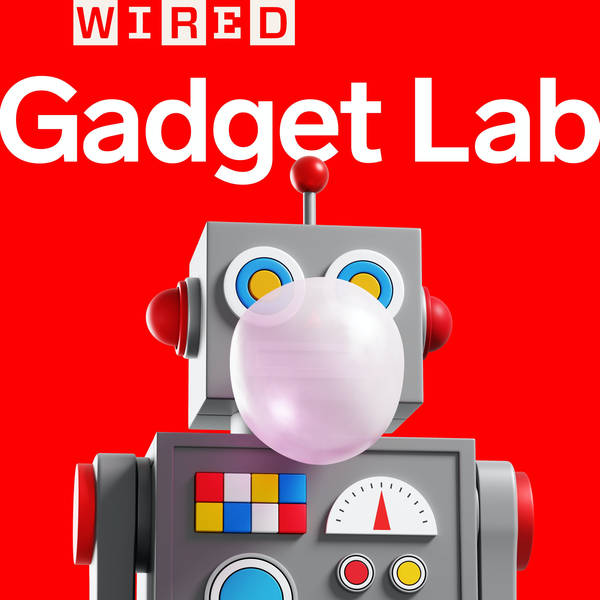
Future Computing the Facebook Way
How will we interact with computers in the future? When we finally evolve beyond keyboards, mice, touchscreens, and voice controls, what’s next? This month, Facebook hinted at how it’s thinking about the future of human-computer interactions. The company unveiled a concept for a wrist-worn wearable that can interpret the nerve impulses in the wearer’s arm to virtually mimic hand movements and finger taps. Also, we witnessed a debate about how facial recognition should be used in the AR glasses Facebook reportedly plans to release later this year.
For this episode, we are joined by WIRED editor-at-large Steven Levy, who has written extensively about Facebook for WIRED, and in his book about the company, Facebook: The Inside Story, which is now out in paperback. We discuss Facebook’s vision of future interfaces, possible applications for these wearable devices, and whether Facebook has earned the public trust necessary to tap into people’s brain signals.
Show Notes:
Steven’s book is now available in paperback. Read Lauren’s story about the wrist wearable concept. Read our original news story on the Facebook Portal’s launch, as well as Adrienne So’s story about how she grew to love the device during the pandemic. BuzzFeed News reported on Facebook’s internal meeting about AR glasses and facial recognition in late February.
Recommendations:
Steven recommends Tom Stoppard: A Life by Hermione Lee. Lauren recommends enabling the handwashing timer on your Apple Watch. Mike recommends the Showtime series City on a Hill. Season two starts on March 28.
Steven Levy can be found on Twitter @StevenLevy. Lauren Goode is @LaurenGoode. Michael Calore is @snackfight. Bling the main hotline at @GadgetLab. The show is produced by Boone Ashworth (@booneashworth). Our theme music is by Solar Keys.
If you have feedback about the show, or just want to enter to win a $50 gift card, take our brief listener survey here. Also, If you buy one of the books we link to in these show notes, we may earn a commission. This helps support our journalism. Learn more.
